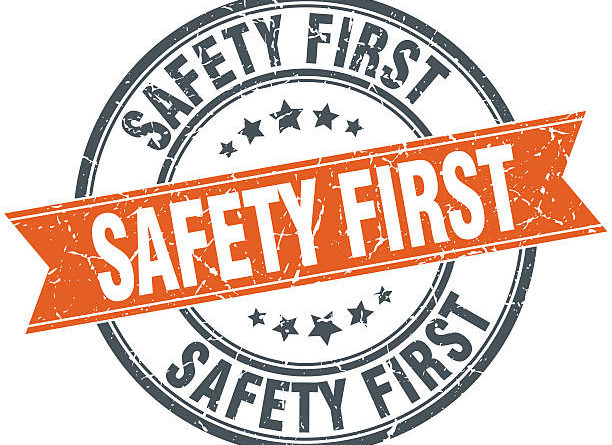The Importance of Staying Safe on Campus
With the days getting shorter, and the nights taking over, it is important for everyone to know how to stay safe. Sexual assault ranges everywhere from unwanted videos of you being recorded, to unwanted or pressured touching/sexual acts, even to a partner refusing to use protection. None of this is okay, and you have the right to report it; it is legitimate. For example, as I was looking at some statistics, three of six of my recommended articles were sexual assault cases. All of which happened in Chambersburg between two days in November. According to the Pennsylvania 2017 Uniform Crime Reports of Franklin County, there were 46 reported rape cases and 132 other sexual offenses last year. The National Sexual Violence Resource Center (NSVRC) says that of college students, 20-25% of women and 15% of men are victims of forced sex and 90% of those assaulted will go unreported. Here is another quote from the NSVRC describing the risk of different sexualities, “46.4% lesbians, 74.9% bisexual women and 43.3% heterosexual women reported sexual violence other than rape during their lifetimes, while 40.2% gay men, 47.4% bisexual men and 20.8% heterosexual men reported sexual violence other than rape during their lifetimes.” Another shocking statistic is that eight out of ten victims of sexual assault knew their assaulter. If you want more examples of sexual violence or some warning signs to look for, RAINN has so much useful information and a hotline to talk with support specialists anytime you may need.
Now we will get in to some ways to stay safe on campus. First and foremost, everyone should have the number for campus security in their phone, if you don’t already here it is: 717-372-2255. Another one is to be careful of the situations that you put yourself in. While absolutely nothing warrants sexual violence there are ways to avoid some dangerous situations. We are college students and generally go to bed well after dark, so if you are out, try to make sure that you are with a trusted friend. You should also be careful when getting in to your car. Another good thing to do, is during the day, take a walk around campus and find all of the blue light stations. I know of at least two, one by the Rosie parking lot and one on the other side of the VMC construction. As said before, it is getting dark much earlier now and some of us have night classes. A really useful app to download is SafeTrek. To work this app, you hold down the safe button, then once you get inside, you release the button and enter your pin. However, if something goes wrong, you can release the button, and if you don’t enter your pin, it will automatically contact the police and any other contacts that you provide. You should also lock everything, your car, rooms, and windows. Just because you are safe in your bed, doesn’t mean that someone will not just walk in. One last tip is to learn self-defense. Whether you take classes or study on YouTube, it is important to know how to defend yourself.
To wrap things up, I had met with Dean Mary Beth and Katie Kough and discussed a few of their policies. By federal law, they must post all reports of sexual assaults, hate crimes, and felonies on the campus security webpage. This is available to everyone, so you are always able to access these. Mary Beth also informed me that if something potentially dangerous would be going on, she would also be required to let the Wilson College community know directly by sending out a timely warning. The last time they had to do this was a few years ago when someone broke into the campus store, so something as major as sexual assault, would definitely warrant one. Lastly, they ended our meeting by saying that if anyone feels unsafe on campus, for any specific reason, that you can come to them. Katie Kough described how at another college that she worked at, a few people told her that they felt that the walk from two buildings was too dark. Katie said how she did not live on campus, so she was not walking it at night. This meant that she only knew of this issue because of them coming forward and expressing their concerns. That being said, it is our responsibility and right as students to express our concerns so that they can be fixed.

